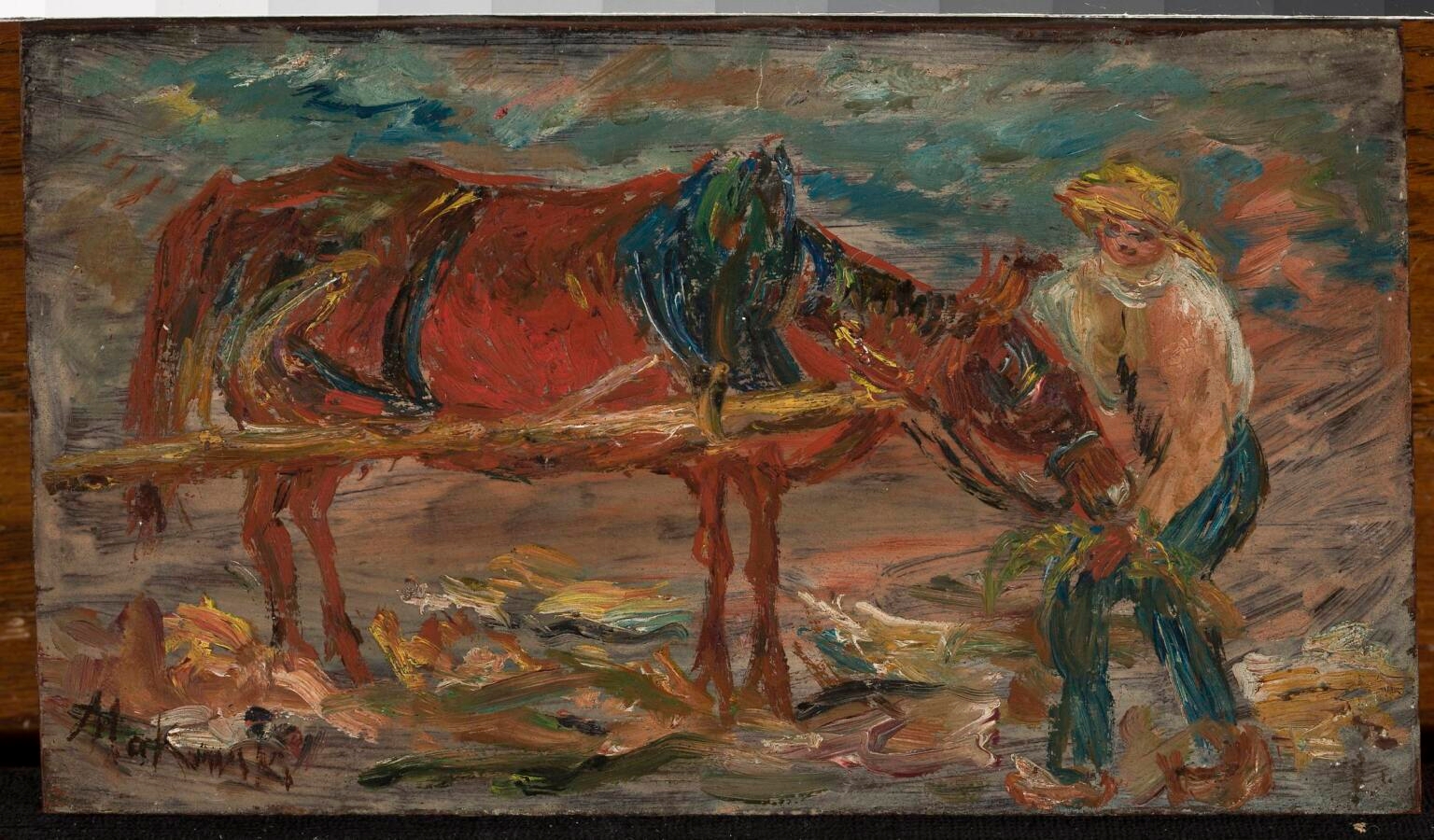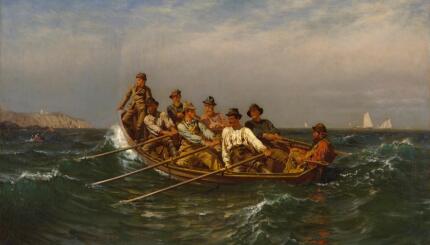Judaism values study — that is no surprise. But it also values engagement in the world. In the Talmud, (Berakhot 35b) there is a classic dispute: Rabbi Shimon Bar Yohai says one should spend all of one’s time in Torah study, and Rabbi Yishmael says one should combine study with a worldly occupation. A later sage, Abaye, laconically sums up the dispute by noting that “many have followed the path of Rabbi Simon Bar Yochai and were not successful.”
At times we draw too sharp a dichotomy between book learning and work. Worldly enterprise helps us understand the thoughts and stories written in books. The tales of the Torah grow deeper as we move along in the world. Who can understand Jacob’s labors for Laban who has not themselves labored for a goal? Who can identify with Moses’ pangs of leadership if they have not themselves sought to lead?
To learn and to labor together is more fulfilling than either alone. We should all learn to be of the school of Rabbi Yishmael.
Rabbi David Wolpe’s musings are shared in My Jewish Learning’s Shabbat newsletter, Recharge, a weekly collection of readings to refresh your soul. Sign up to receive the newsletter.
With your help, My Jewish Learning can provide endless opportunities for learning, connection and discovery.



